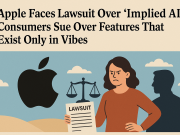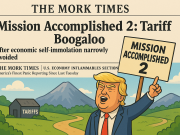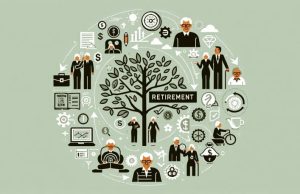In the fabric of today’s digital society, the threads that connect us are woven with tweets, updates, and profile pictures. The traditional handshake has been replaced with LinkedIn requests, and the first interview question might as well be ‘Tell me about your social media profiles.’ For the modern professional, the online persona is not merely an extension of their resume; it is the cornerstone of their personal brand.
As ethical business leaders, we understand the criticality of shaping an online presence that reflects our authentic selves while positioning us for future opportunities. The balance between personal branding and privacy is a delicate waltz—one misstep can broadcast the wrong message to prospective employers or clients.
First, consider the digital footprints we leave behind. Each tweet, post, or share is a pebble in the pond of our professional lives, creating ripples that can either propel us forward or hinder our progress. A Harvard Business Review article noted that 70% of employers have rejected candidates based on information found online. This is the stark reality of the digital age: our online behavior can foster opportunities or foreclose them.
So, how do we use social media to our advantage? It begins with awareness, intention, and strategy. We must be vigilant curators of our online galleries. For instance, LinkedIn offers a canvas for a well-articulated professional story, blending the right mix of expertise, accomplishments, and personal insights. Twitter can serve as a platform for influential thought leadership, allowing us to engage with industry conversations and share our unique perspectives.
However, thought leadership isn’t about self-promotion; it’s about providing value. By generously sharing knowledge and championing others’ ideas, we foster a community of collaboration. This is where continuous learning and adaptability play a crucial role. Industries evolve, and to maintain a strong online presence, we must evolve with them—constantly updating our skills and understanding the nuances of our fields.
And let’s not forget ethics. Networking and self-promotion must be approached with a moral compass. Transparency, respect for privacy, and authenticity should govern our online interactions. These practices not only influence workplace dynamics but also our career trajectories. When we operate ethically, we build trust—and trust is the currency of the digital realm.
In the end, our digital persona is a mosaic of our professional journey. The colors and shapes may shift over time, but the integrity of the design lies in its truthfulness. As we navigate the hyper-connected world, let us be mindful architects of our digital presence, crafting an image that is not just likable or shareable, but a genuine reflection of who we are, and who we aspire to become.

























